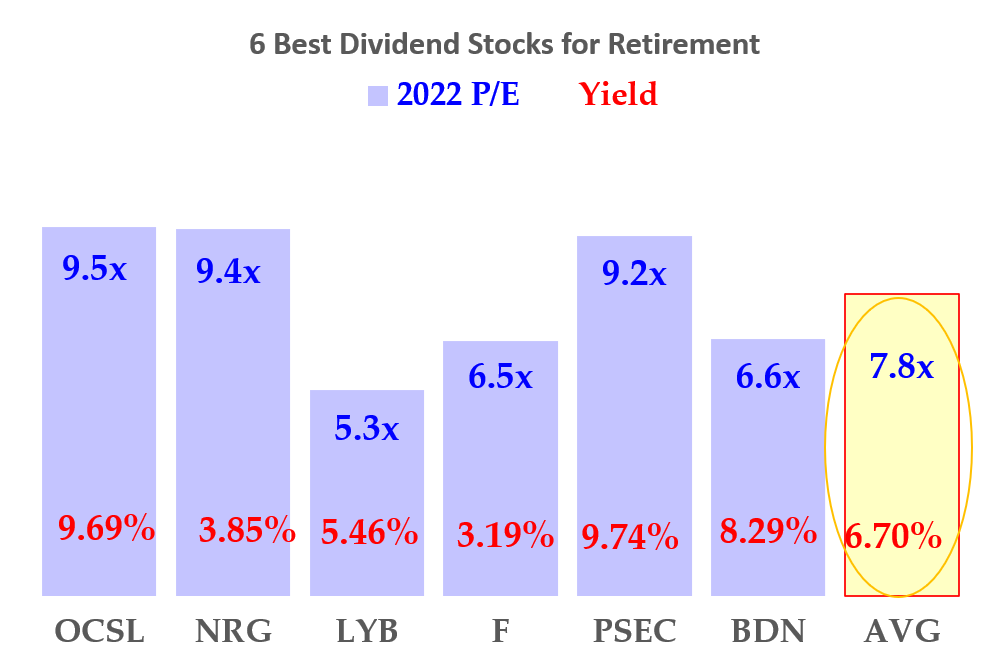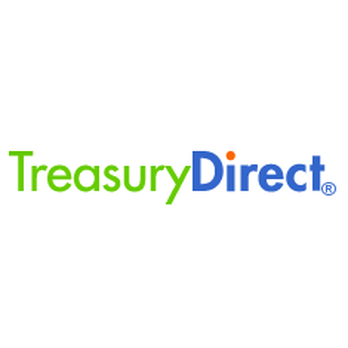
Setting up a traditional DRIP program can be a hassle. Although some companies offer their own programs you will need to purchase shares through a broker. Then, you need to transfer your shares from your DRIP account. In some cases, you may also need to apply for a stock certificate.
Commission-free dividend reinvestment
Stock-trading sites often offer dividend reinvestment that is free of commission. This service allows investors to reinvest dividends into the same stocks or ETFs, without paying additional fees. The process may take some time. Sometimes you won't be able see your dividends instantly. It may take several days.
Scottrade's FRIP allows you to choose the stocks and ETFs that you want to reinvest, unlike other dividend reinvestment programs. Dividends from your eligible investments are then put into a non-interest bearing account. You can select up to five securities, and choose the percentage you wish to receive. If you change your mind, you can also change your selection.

Tax implications for dividend reinvestment
Dividend-reinvestment is a good way to save taxes and put your money in the right place. You can either hold additional stock in your company or use a transfer agent. The agent buys additional stock for your company and reinvests any dividends. Dividend reinvestment can be tax-efficient if you plan your purchases carefully.
Dividends are cash payouts made by corporations to shareholders. To attract investment, they are paid out by the corporation to its shareholders. These payments are subject to special tax rules, and their tax rate may be different from the normal income tax rate. Dividend reinvestment can be taxable unless the shares are in a tax-advantaged bank.
It's easy to set it up
DRIP investing has a simple setup. Most brokers have an online account setup procedure for this type of investing. Before you can get started, it is a good idea to contact your broker. Many of them will require you to pay a one-time set-up fee. Depending on which company you work for, you might have to pay additional fees to register your shares with the DRIP.
DRIPs allow you to set up your account to ensure that dividend payments are automatically reinvested in new shares. This type investment doesn't offer the same liquidity as regular shares. You will have to sell back your shares directly through the company. However, it is an excellent way to grow your money steadily.

Flexible options
You may be interested in drip investing options if you're looking for steady income. These plans allow investors to hold a percentage of their capital while investing in the stock of a company. This option is available through a broker or third-party service provider. These plans will allow you to keep a part of your capital, and also automatically reinvest dividends. However, these plans don't permit you to trade stocks on the stock exchange. Their liquidity is therefore limited.
DRIP is an alternative to market timing, but it is not always the best solution for stock selection. Caterpillar is an example of a stock that has outperformed other stocks in the past year. However the rally is based in part on massive tax reforms and up to $1 trillion in infrastructure spending. However, it has weak fundamentals. In addition, a global mining slump is weighing heavily on its earnings.
FAQ
Why is a stock security?
Security refers to an investment instrument whose price is dependent on another company. It can be issued as a share, bond, or other investment instrument. The issuer can promise to pay dividends or repay creditors any debts owed, and to return capital to investors in the event that the underlying assets lose value.
What is a bond?
A bond agreement between 2 parties that involves money changing hands in exchange for goods or service. Also known as a contract, it is also called a bond agreement.
A bond is usually written on paper and signed by both parties. This document contains information such as date, amount owed and interest rate.
The bond is used for risks such as the possibility of a business failing or someone breaking a promise.
Sometimes bonds can be used with other types loans like mortgages. This means the borrower must repay the loan as well as any interest.
Bonds are also used to raise money for big projects like building roads, bridges, and hospitals.
A bond becomes due when it matures. When a bond matures, the owner receives the principal amount and any interest.
Lenders lose their money if a bond is not paid back.
How do I choose an investment company that is good?
A good investment manager will offer competitive fees, top-quality management and a diverse portfolio. The type of security in your account will determine the fees. Some companies don't charge fees to hold cash, while others charge a flat annual fee regardless of the amount that you deposit. Others charge a percentage based on your total assets.
It's also worth checking out their performance record. Companies with poor performance records might not be right for you. Avoid companies with low net assets value (NAV), or very volatile NAVs.
Finally, you need to check their investment philosophy. A company that invests in high-return investments should be open to taking risks. If they're unwilling to take these risks, they might not be capable of meeting your expectations.
What's the difference among marketable and unmarketable securities, exactly?
The differences between non-marketable and marketable securities include lower liquidity, trading volumes, higher transaction costs, and lower trading volume. Marketable securities on the other side are traded on exchanges so they have greater liquidity as well as trading volume. Marketable securities also have better price discovery because they can trade at any time. However, there are many exceptions to this rule. For example, some mutual funds are only open to institutional investors and therefore do not trade on public markets.
Non-marketable security tend to be more risky then marketable. They usually have lower yields and require larger initial capital deposits. Marketable securities are typically safer and easier to handle than nonmarketable ones.
A bond issued by large corporations has a higher likelihood of being repaid than one issued by small businesses. This is because the former may have a strong balance sheet, while the latter might not.
Investment companies prefer to hold marketable securities because they can earn higher portfolio returns.
Are bonds tradable?
Yes, they are. Like shares, bonds can be traded on stock exchanges. They have been for many, many years.
The difference between them is the fact that you cannot buy a bonds directly from the issuer. They must be purchased through a broker.
It is much easier to buy bonds because there are no intermediaries. This means that you will have to find someone who is willing to buy your bond.
There are many types of bonds. Different bonds pay different interest rates.
Some pay interest every quarter, while some pay it annually. These differences make it easy compare bonds.
Bonds can be very helpful when you are looking to invest your money. You would get 0.75% interest annually if you invested PS10,000 in savings. The same amount could be invested in a 10-year government bonds to earn 12.5% interest each year.
If all of these investments were accumulated into a portfolio then the total return over ten year would be higher with the bond investment.
What are some advantages of owning stocks?
Stocks have a higher volatility than bonds. If a company goes under, its shares' value will drop dramatically.
But, shares will increase if the company grows.
Companies often issue new stock to raise capital. Investors can then purchase more shares of the company.
To borrow money, companies use debt financing. This allows them to get cheap credit that will allow them to grow faster.
A company that makes a good product is more likely to be bought by people. As demand increases, so does the price of the stock.
The stock price should increase as long the company produces the products people want.
Statistics
- Ratchet down that 10% if you don't yet have a healthy emergency fund and 10% to 15% of your income funneled into a retirement savings account. (nerdwallet.com)
- For instance, an individual or entity that owns 100,000 shares of a company with one million outstanding shares would have a 10% ownership stake. (investopedia.com)
- The S&P 500 has grown about 10.5% per year since its establishment in the 1920s. (investopedia.com)
- Even if you find talent for trading stocks, allocating more than 10% of your portfolio to an individual stock can expose your savings to too much volatility. (nerdwallet.com)
External Links
How To
What are the best ways to invest in bonds?
You will need to purchase a bond investment fund. You will be paid back at regular intervals despite low interest rates. You can earn money over time with these interest rates.
There are several ways to invest in bonds:
-
Directly buying individual bonds
-
Buy shares from a bond-fund fund
-
Investing through an investment bank or broker
-
Investing through a financial institution
-
Investing with a pension plan
-
Directly invest with a stockbroker
-
Investing through a mutual fund.
-
Investing via a unit trust
-
Investing via a life policy
-
Private equity funds are a great way to invest.
-
Investing via an index-linked fund
-
Investing through a hedge fund.